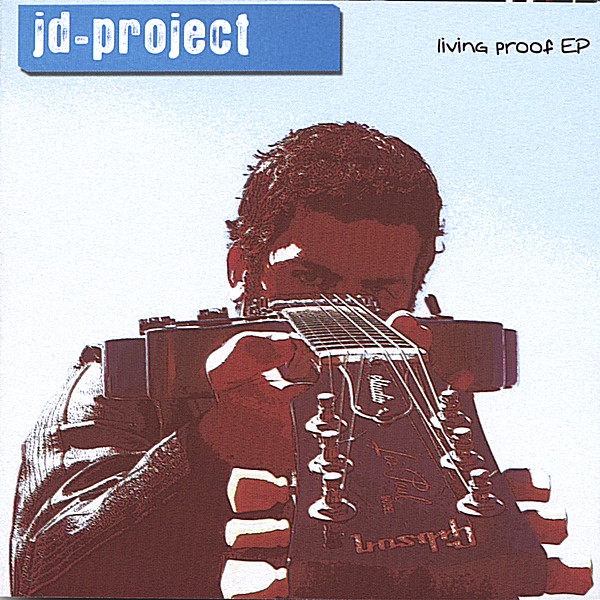
The book begins by examining the nature of servanthood, both in general and what makes servanthood distinctively Christian. Then follows an examination of Jesus' role as a model servant, using as a case study his washing of the disciples' feet.
The subsequent case studies fall into three groups. First are seven well-known characters, including David, Moses, and Samuel in the Old Testament, and Mary and Paul in the New Testament. These heroes of the faith are described with their flaws as well as their strengths. So Moses' short temper and David's adultery with Bathsheba are not glossed over but openly addressed, allowing the reader to accept that even God's greatest servants were at times flawed individuals.
The sole "non-human" servant featured in Part 1 is the archangel Gabriel, who appears on only four occasions in the Bible (as far as we know). His servant role is unique in that he is God's angelic messenger, who brings word directly from God to Daniel, Zechariah (father of John the Baptist), and Mary.
The second group is the longest section. It examines twenty-one Bible characters we are likely to recognize. They include Joshua and Caleb, the "Outvoted Servants," sent as spies to explore the promised land but whose favorable report is overruled by ten other spies who are intimidated by what they've seen. Then there's Rhoda, in the New Testament. She is the "Flustered Servant" who hears the apostle Peter knocking at the door of the home where the disciples are gathered. He has just been miraculously released from prison by an angel and Rhoda is so overwhelmed by hearing his voice that she forgets to let him in. Another identified servants are the innkeeper who had no room for Joseph and Mary.
The third section focuses on the servants who are unidentified but nonetheless play their roles in God's kingdom. We know little about the two servants who accompany Abraham and Isaac to Mt. Moriah, where Abraham is faithfully obeying God's instruction to sacrifice his son. In the New Testament, we have the servants at the wedding of Cana, where Jesus turns the water into wine. I'll Be Your Server probes what can we can discover about these attendants who either accompany Abraham or get to witness Jesus' first miracle.
Almost all the servants who are discussed are faithful, courageous and humble, serving either their immediate master or God himself. They provide excellent examples for us to follow. But other servants are just the opposite. One example is Doeg, Saul's ruthless servant who obediently slaughters the priests who Saul thinks supported the refugee David.







